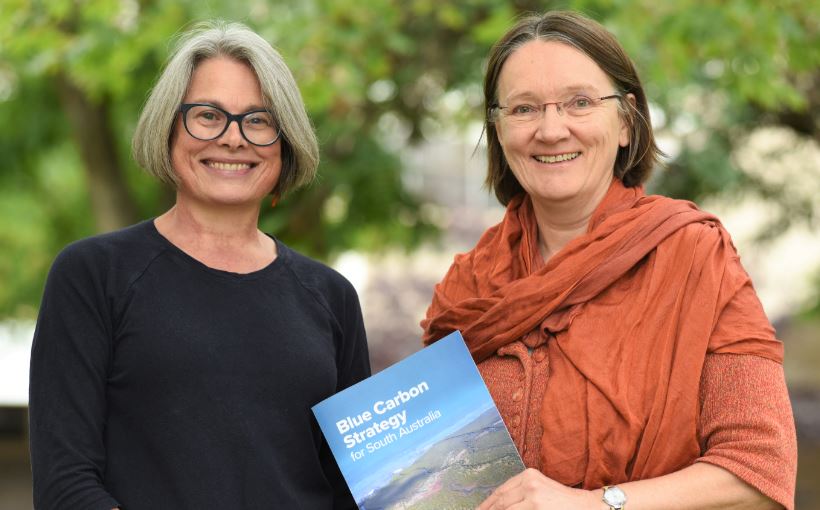In one of the first studies of its kind in Australia, Flinders University environment and marine ecology experts have conducted an Adelaide-based survey of how residents connect with and rate the attributes of Adelaide’s northern metropolitan coastal wetlands, from Torrens Island to Thompson Beach.
The findings on the benefits of wetlands, just published in the journal Environmental Science and Policy, report strong appreciation of the natural features of these coastal places, with study participants rating them highly – and identifying their importance for personal wellbeing which underpins a need for closer controls on further development or degradation of these important community spaces, researchers say.
“People who visited the study region for recreation and work identified a personal bond with the places like Adelaide’s Dolphin Sanctuary, the International Bird Sanctuary and St Kilda Mangrove Trail and other coastal national parks and coastal features situated so close to the city – added reasons to take good care of these precious resources,” says lead author, Flinders University geographer Associate Professor Beverley Clarke.
The study used a ‘cultural ecosystem services’ framework to assess residents’ perceptions about the benefits they gained from these wetlands. “Translating the benefits people receive from coastal ecosystems in a way that is usable to policy-makers and environmental managers is important but challenging,” says Clarke.
“Here we have been able to document health and wellbeing benefits expressed by the people who experience these places. As well as simply appreciating the natural landscape, it is through their activities that citizens developed an attachment to the coastline. People value these places as they become familiar with them,” say Clarke, a life member of the Australian Coastal Society, who researches coastal planning and management with a current focus on strategies to support adaptation and resilience of coastal communities to the impacts of climate change.
Co-author marine biologist, Professor Sabine Dittmann, an expert in coastal ecosystem ecology and blue carbon at Flinders University’s College of Science and Engineering, says this social values survey highlights the co-benefits of coastal restoration. “Naturalness of coastal wetlands matters most to people and will be an important outcome from restoring tidal wetlands, in addition to carbon sequestration gains,” she says.

Professor Dittmann is involved in carbon sequestration and saltmarsh restoration projects at Dry Creek north of Adelaide.
Irrespective of their socio-ecological and climatic importance, coastal wetlands around the world are among the most threatened of all environments, facing human-induced pressures of landscape modification for agriculture and urbanisation, and climate-induced sea level rises.
The researchers note that building awareness of the social benefits of restoring these sometimes under-appreciated wetlands may help generate support for protecting – rather than developing – these threatened landscapes.
The new paper, ‘Integrating Cultural Ecosystem Services valuation into coastal wetlands restoration: A case study from South Australia‘ (2021) by B Clarke, AK Thet, H Sandhu, S Dittmann has been published in Environmental Science and Policy (Elsevier).

